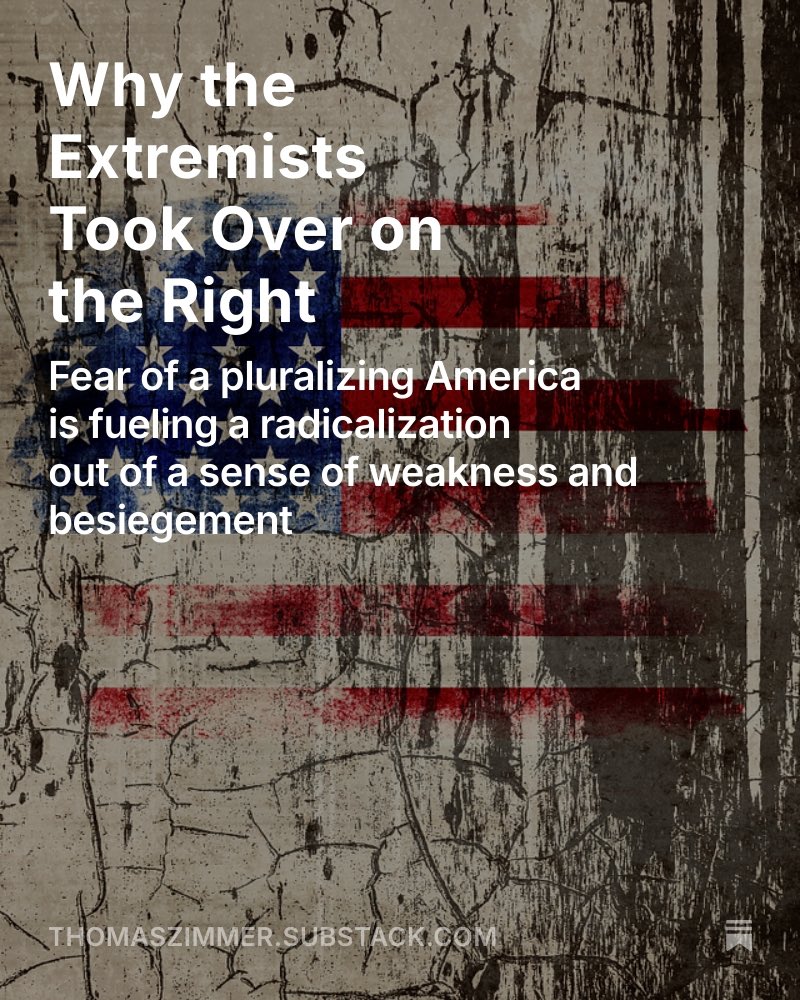What @cmyeaton excellently describes as a "cycle of panic and neglect” is truly one of the major dynamics that have shaped global health politics since the 19th century. I have made that argument, from a historical perspective, several times since the start of the pandemic: 1/
https://twitter.com/cmyeaton/status/1263921545610739712
Last week I wrote for the @washingtonpost about why Trump's attacks will only exacerbate the problems that have always hampered the WHO, and why the history of global health says we need to break out of the „cycle of panic and neglect” instead 2/
https://twitter.com/PostOpinions/status/1263099012086980613
One example I mention in the piece for how the West’s relationship with global health has gone through phases of indifference occasionally interrupted by erratic spikes in attention is HIV/AIDS. 3/
As WHO got more heavily involved in HIV/AIDS towards the late 1980s, when the virus was about to devastate the Global South, Western states started losing interest, as they had largely contained the virus. 4/
Consequently, throughout the 1990s, the WHO struggled to acquire needed funding as the pandemic spread around the globe, and the vast majority of infections and deaths have occurred after people in the West simply stopped caring about the disease. 5/
Another example is Ebola: Whereas there was massive attention for the 2014/15 Ebola epidemic in West Africa, since 2018 Central Africa has been experiencing the second worst Ebola epidemic in recorded history — and it has barely caused a reaction. 6/
I also went on the #InfectiousHistorians podcast to talk about the history of global health and how Covid-19 fits into that story – and we touched on the overall dynamics of “panic and neglect,” or fear and indifference, several times. 7/
https://twitter.com/tzimmer_history/status/1261382503664742401?s=20
In a broader historical perspective Cholera is a striking example of what @cmyeaton calls the cycle of panic and neglect. In the 19th century Cholera actually dominated the European imagination of health threats after it had first reached the continent in the 1830s. 8/
The last major cholera outbreaks in the West occurred in the late 19th century – and ever since the disease has been relegated to an afterthought in the West’s imagination. In a global perspective, however, cholera is still a massive problem. 9/
After all, some of the most devastating cholera epidemics in history occurred very recently, in Haiti in 2010-14 and in Yemen after 2016. And yet, the reaction in the West to such suffering on a massive scale has been shockingly muted. 10/
I have tried to provide such a longer-term historical perspective, going back to the beginnings of what can be called a “modern” international health politics, in several extended threads – here: 11/
https://twitter.com/tzimmer_history/status/1233030770509451264?s=20
And here, with a focus on the 1940s, when the vision of “world health” briefly animated international cooperation and it seemed, for a moment, that it might be possible to establish a more sustained interest in matters of global health 12/
https://twitter.com/tzimmer_history/status/1240963720236449797?s=20
A few weeks back I contextualized Covid-19 historically in this lecture-turned-podcast on “The Age of Pandemics” – and the “cycle of neglect and panic” plays a crucial role in my telling of the history of global health since 1850. 13/
https://twitter.com/tzimmer_history/status/1249053616566083591?s=20
Finally, for those who read German, I’ll have a longer essay in the July issue of @redaktionmerkur making that very argument by looking at how the international community has dealt with the threat of infectious disease from cholera to Covid-19. /end
Important addendum:
https://twitter.com/cmyeaton/status/1265258780171939841?s=20
• • •
Missing some Tweet in this thread? You can try to
force a refresh






